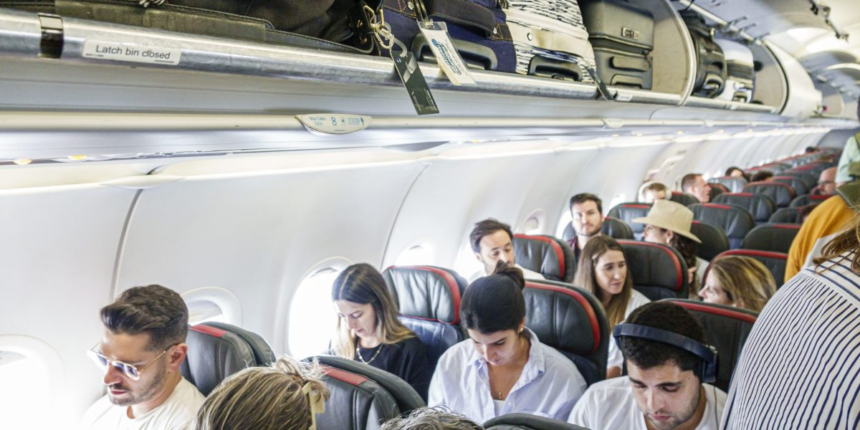According to the proposed class action lawsuits filed Tuesday in San Francisco federal court and Brooklyn, New York federal court, the two airlines breached their contracts by misleading customers, charging them for window seats but placing them in the gaps between the windows without effectively disclosing the seat placement to the passengers.
United declined Fortune’s request for comment. Delta did not respond to a request for comment.
According to the lawsuits, United can charge $50 for window seat assignment on domestic flights and $100 for some international flights, while Delta passengers must pay up to $40 to reach a higher ticket tier, at which point they would need to pay more than $30 to pick their window seat. These upcharges for features airlines can allegedly not deliver on are part of the larger problem of airlines heaping invisible fees onto passengers, according to Carter Greenbaum, one of the lawyers who filed the two lawsuits
“Consumers are rightfully angry that they continue to be charged for fees and for services that were once free and included and that companies are not up front with how much products cost,” Greenbaum told Fortune. “Consumers are tired of junk fees, and that’s a bipartisan issue.”
While passengers can use sites like SeatGuru to view aircraft seat maps and assess whether their seat will actually be next to a window, Greenbaum said the onus should still be on the airline to be transparent with customers about the reality of their seat conditions.
“A company cannot misrepresent the nature of the products it sells and then rely on third party reviews to say a customer should have known that it was lying,” Greenbaum said. “If third parties are able to effectively crowdsource this information, there’s really no excuse for United and Delta to not be transparent about the nature of the premium upgrade that they’re selling to customers.”
“In this case,” he said, “they have quite literally sold customers a window seat without a window.”









